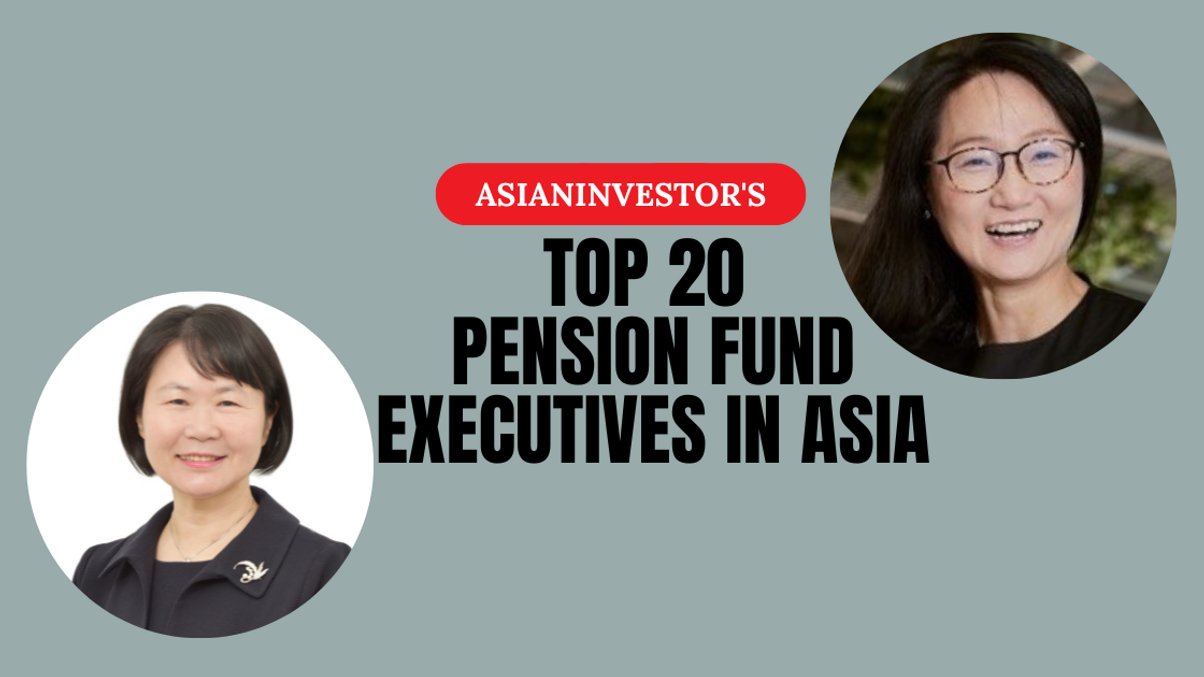Top 20 pension executives: Su Yu-ching, Park Yoo-Kyung
AsianInvestor has identified 20 outstanding executives who are driving forward the region's pension industry. On the penultimate day, we showcase executives from Taiwan's BLF and the Netherlands' APG Asset Management.

AsianInvestor's Top 20 pension executives in Asia list showcases an array of senior executives, from CEOs and CIOs to heads of responsible investing and equity chiefs -- change-makers who are leading the industry with their forward thinking and innovative practices.
Sign in to read on!
Registered users get 2 free articles in 30 days.
Subscribers have full unlimited access to AsianInvestor
Not signed up? New users get 2 free articles per month, plus a 7-day unlimited free trial.
¬ Haymarket Media Limited. All rights reserved.


